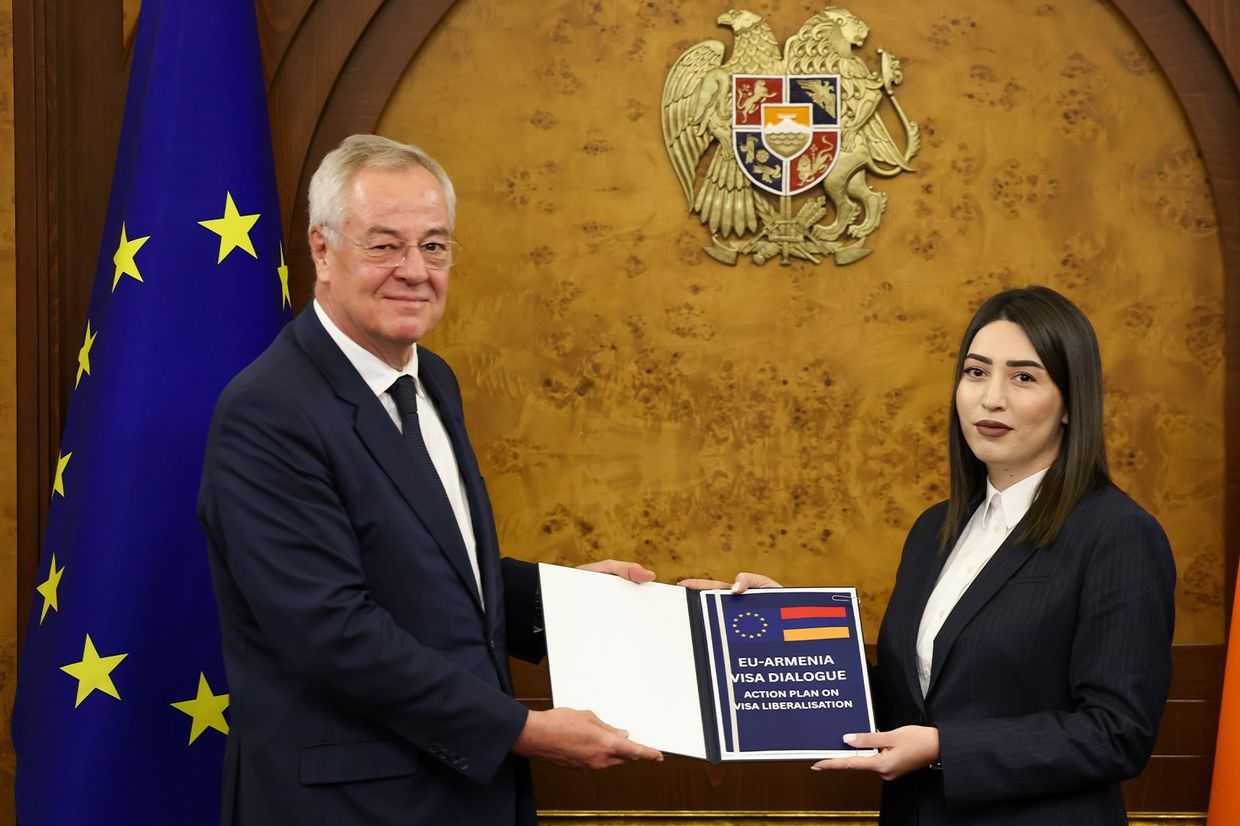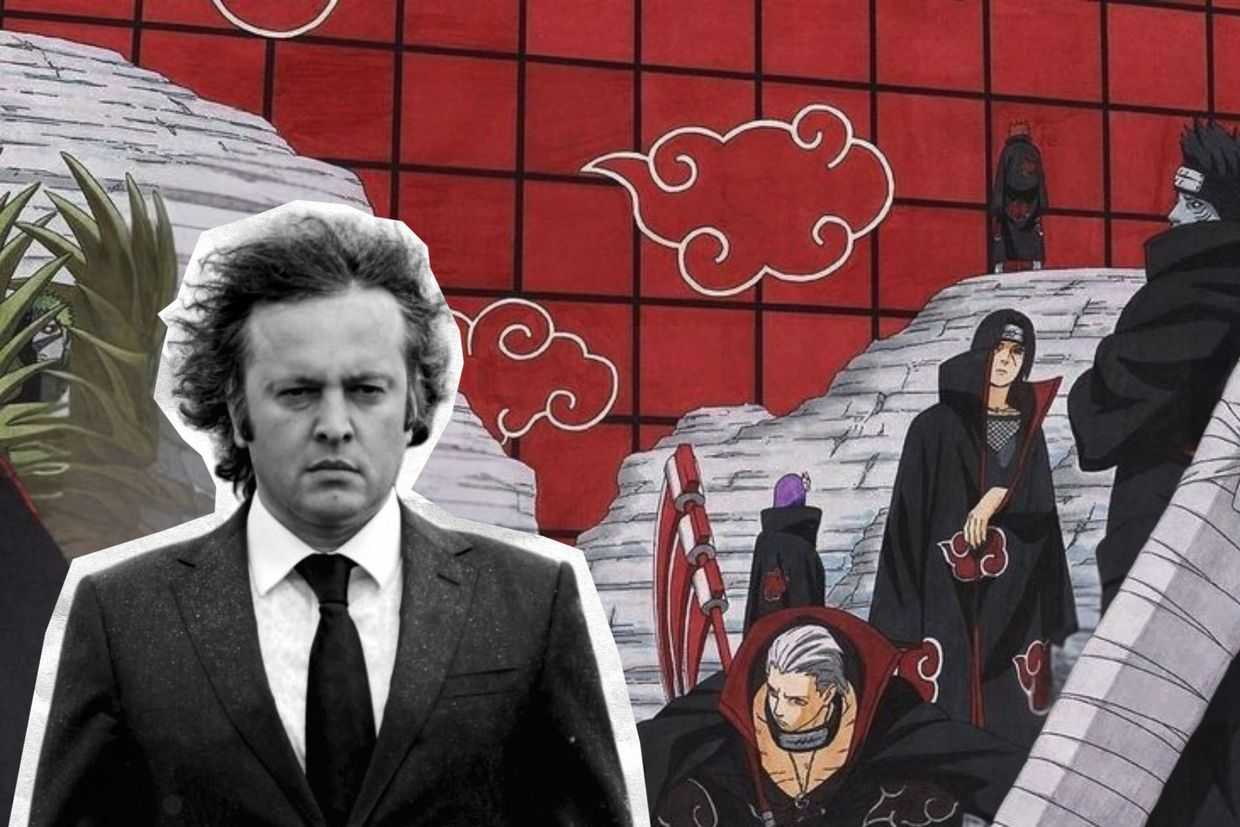
The newly released 2020 Georgia Caucasus Barometer shows that trust in most institutions rose significantly since the start of the pandemic, but some institutions gained more than others.
This shows that the rallying around the flag effect, previously demonstrated for people’s assessments of the performance of institutions in the spring of 2020, has also led to large increases in trust towards them.
In December 2020, when the survey was conducted, religious institutions and the army were the most trusted institutions in the country. By contrast, political parties had the least amount of trust, followed by a large number of institutions that 25%–30% of people reported trusting.
While these levels of trust are not particularly high for most institutions, on average they were still 10 percentage points higher than the previous year. No institution saw a decline in trust.
For seven of the fourteen institutions asked about, there was a double-digit increase in the share of the population trusting them. The executive government experienced the strongest gain of 19 percentage points compared to 2019.
The media, the healthcare system, religious institutions, local government, political parties, and parliament also all experienced large gains in trust. By comparison, NGOs and banks did not gain a significant amount of trust during the pandemic.
Even though there has been an almost universal rise in trust in Georgia’s institutions, the country is still behind where it was in terms of institutional trust compared to 2008, the first year for which comparable data is available.
Trust is up in political parties, the executive government, and the army compared to the 2008 baseline. It has not changed significantly for local government, the police, the courts, or religious institutions. It has declined for the president, banks, the media, NGOs, parliament, the education system, and even the healthcare system.
While the pandemic, and the largely effective institutional responses to it, likely explains the rise in trust in institutions between 2019 and 2020, trust in most of them remains low.
Indeed, despite the gains in trust in 2020, most institutions are still less trusted than they were in 2008.
The data used in this article is available here.
The views expressed in this article do not represent the views of CRRC Georgia or any related entity.








